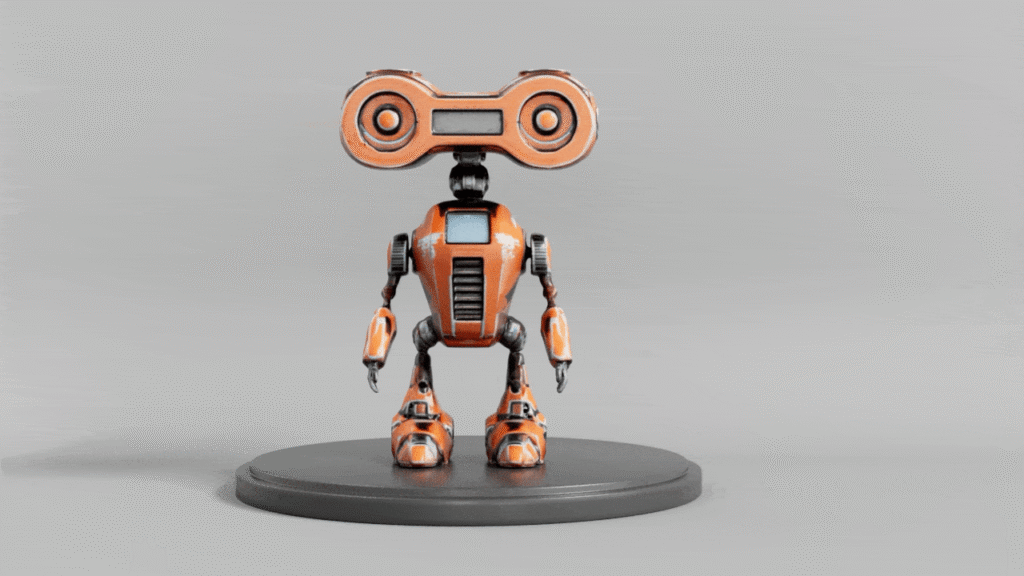Meta has unveiled AssetGen 2.0, its newest 3D generative AI model for building virtual reality worlds with simple text or image prompts. This upgrade uses a single-stage 3D diffusion model to create detailed meshes and a companion TextureGen system to apply high-resolution, view-consistent textures. AssetGen 2.0 draws on an extensive dataset of 3D assets and promises production-ready results, democratizing VR creation for Meta’s Horizon and Avatar platforms later this year.

How AssetGen 2.0 Transforms 3D Creation
AssetGen 2.0 represents a leap beyond the original AssetGen 1.0 by generating geometry directly from prompts rather than stitching together 2D views. The model’s 3D diffusion process ensures fine details and consistent shapes across all angles. TextureGen brings photo-realistic surface detail with new techniques for in-painting areas and boosting texture resolution. Together, they let creators speak environments into existence, cutting weeks of manual modeling down to minutes.
Democratizing VR for All Creators
Meta will roll out AssetGen 2.0 to Horizon creators later this year. Anyone will be able to type or speak a prompt and instantly see complex 3D assets appear in their VR world. Meta expects this ease of use to spark new creativity among artists, designers, and game developers without requiring coding or modeling expertise.
Overcoming VR Adoption Barriers
High-end VR remains costly and can induce motion sickness in some users over prolonged sessions. Meta has subsidized Quest headset sales to grow its user base, and it promotes AR glasses as a gateway to VR content. AssetGen 2.0’s speed and simplicity may help attract more creators and experiences, making VR worlds richer and more varied for newcomers.

Next Steps for 3D AI
Meta is already exploring auto-regressive scene generation, where entire environments emerge in stages from text or images. Future updates may expand the AI’s ability to populate worlds with animated characters, dynamic lighting, and interactive elements. As AssetGen 2.0 reaches developers, Meta aims to set a new standard in accessible 3D content creation and drive wider VR adoption.





